Dr. Sara LoTemplio (she/her), co-director
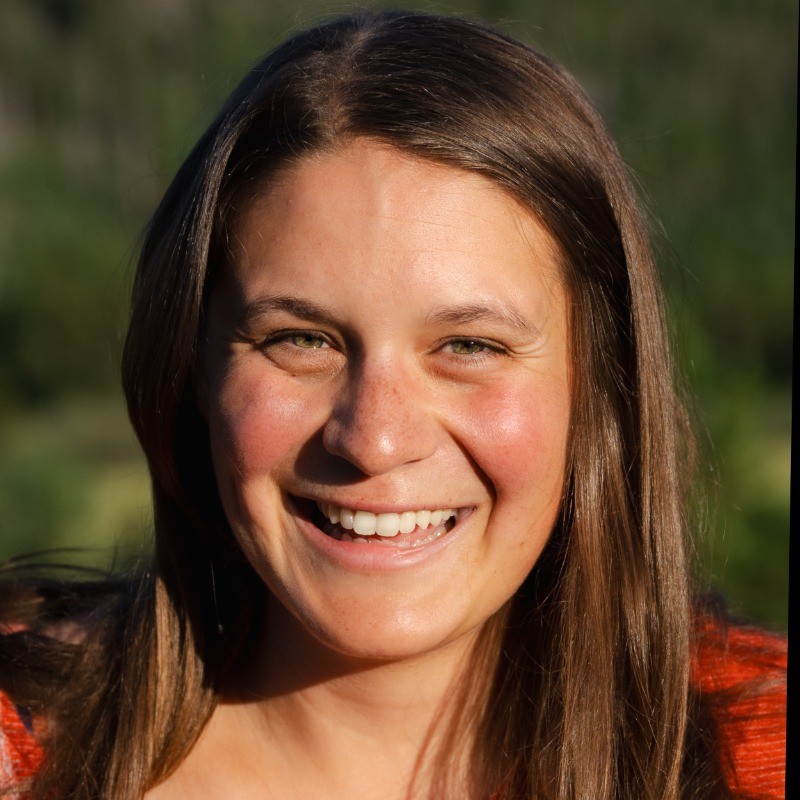
Dr. LoTemplio is an Assistant Professor in Human Dimensions of Natural Resources and is also the director of the Restoring Attention and Affect in Nature (RAAIN) lab. She is particularly interested in the restorative effects of natural environments on attention and mood. She uses a variety of behavioral measures as well as psychophysiological measures such as EKG (heartrate) and EEG (brainwaves) in her research. She is also interested in how emotion affects cognition, and basic research into attention and cognitive control, and is a strong enthusiast of science communication and community engagement with science.
Dr. Sarah Walker (she/her), co-director
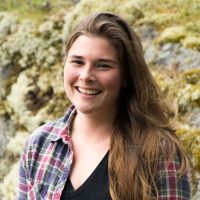
Sarah is an Assistant Professor of Human Dimensions of Natural Resources at Colorado State University. She is a climate change social scientist with an applied research focus in conservation and development, gender, livelihoods, climate variability, and participatory methods. She draws from social-ecological systems and feminist political ecology theory.
Dr. Jill Zarestky (she/her), co-director
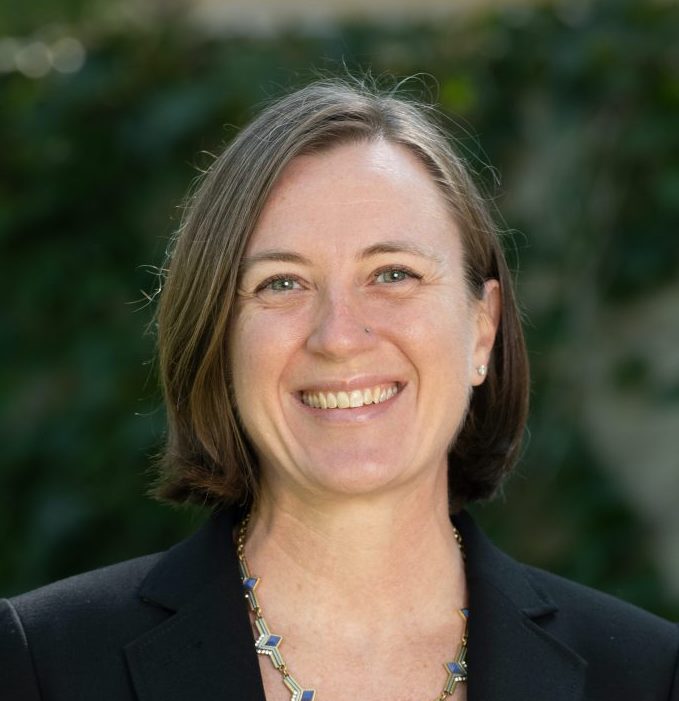
Jill is an Associate Professor of adult education and training in the School of Education at Colorado State University. Her research focuses on adult STEM education, such as in citizen science and other field-based experiences, and adult learning around issues of climate change, sustainability, and globalization.
Julia Merfeld (she/her), research and project coordinator
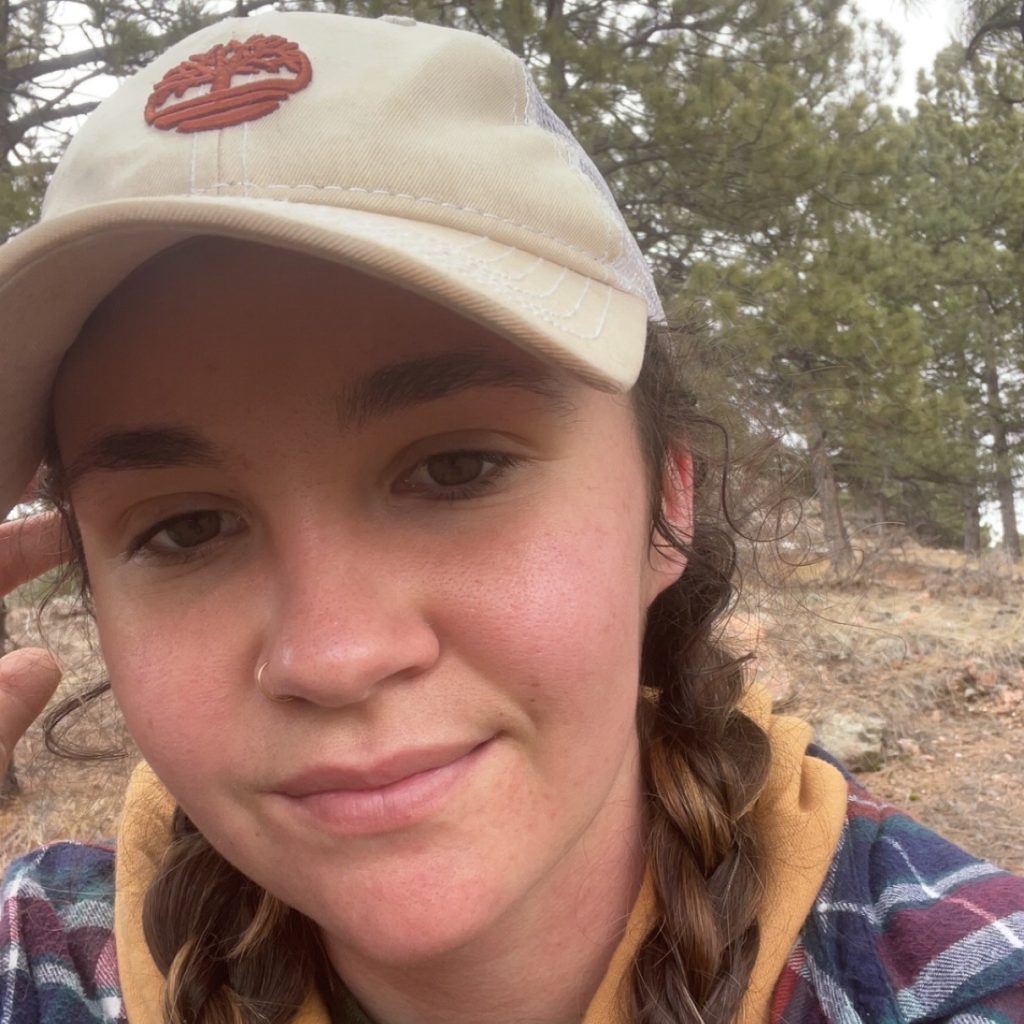
Julia is a research and project coordinator for cNISP and NH-NOCO. She graduated from Colorado State University with her bachelor’s in Human Dimensions of Natural Resources and a minor in Conservation Biology in 2024. Originally from Iowa, she has felt the positive effects of spending more time in nature firsthand since moving out West, first joining the Arizona Conservation Corps and then finishing her degree in Colorado. She is interested in the relationship between humans and nature and how that affects our behaviors, actions, and decisions towards the outdoor world and how we treat it.
Kaiya Tamlyn (she/her), graduate student researcher
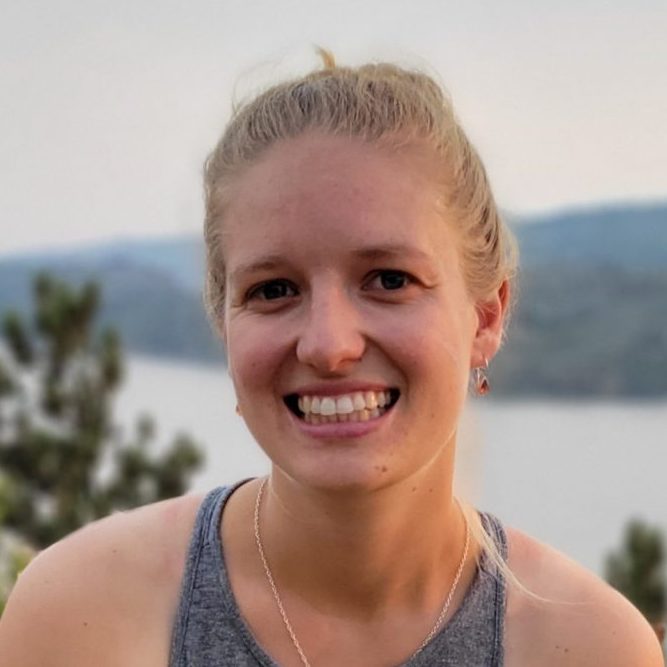
Kaiya grew up in the Adirondack mountains of upstate New York and spent her childhood exploring the woods and lakes of the northeast. She graduated from Eckerd College with a B.A. in Psychology and minors in Environmental Studies and Human Development. She then worked as an environmental educator before becoming a wildlife rescue and rehabilitation specialist. She received her M.S though CSU’s Human Dimensions of Natural Resources department by working with Dr. Rebecca Niemiec to understand the social psychological drivers of sustainable behavior. Specifically, she studied how to encourage residents to use native plants to help conserve biodiversity, support pollinators, and reduce water use, among other benefits. Kaiya has come to believe that the root of sustainable behavior change lies in improving our relationship with the natural world. As a Ph.D. student with Dr. Sarah Walker, she will explore how connection to nature can improve both human and environmental well-being. Her goals are to use applied methodologies and a lens of environmental justice to connect people to the outdoors and increase equity and health for people and planet.
Silvia Terol (she/her), graduate student researcher

Silvia is a doctoral student in the Ph.D. in Education and Human Resources program from the College of Health and Human Sciences at Colorado State University, specializing in Education, Equity, and Transformation. A two-time Fulbright recipient, she holds an MA in Translation from the Middlebury Institute of International Studies in Monterey (California), and a BA in English from the Universidad Nacional de Asuncion, in Paraguay. With many years of classroom experience teaching children and adults, she also collaborated in projects where education, communication, and languages intersect with literacy, teacher training, cultural awareness, and STEAM. This brought her to the National Council for Science and Technology (CONACYT) in Paraguay, where she led the team in charge of designing and implementing programs to bridge science and technology with society. As a PhD student working with Dr. Zarestky and Dr. Birmingham, her interests focus on using transdisciplinary research models based on education and communication to shorten the research-to-practice gaps in STEAM fields, particularly through informal education in the areas of environment, conservation, natural resources, and wildlife.
Alumni
Sharde Johnson (she/her), project manager
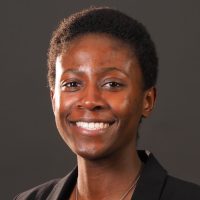
Sharde was a project manager for cNISP and the manager of the RAAIN Lab. She received a master’s degree in sport management from Colorado State University and her bachelor’s in psychology with a concentration in neuroscience from Colby College. Sharde is fascinated by the ways in which spending time in nature offers cognitive and affective benefits throughout the lifespan. She also has a strong interest in studying relationships among emotions, behavior, and one’s environment, in addition to being interested in emotion and stress regulation implications for mental health. In her free time, Sharde enjoys hiking, trying new foods, and trivia. Sharde is now a PhD student at Brandeis University in the Department of Psychology.
Sara-Ashley Collins (she/her), graduate student researcher
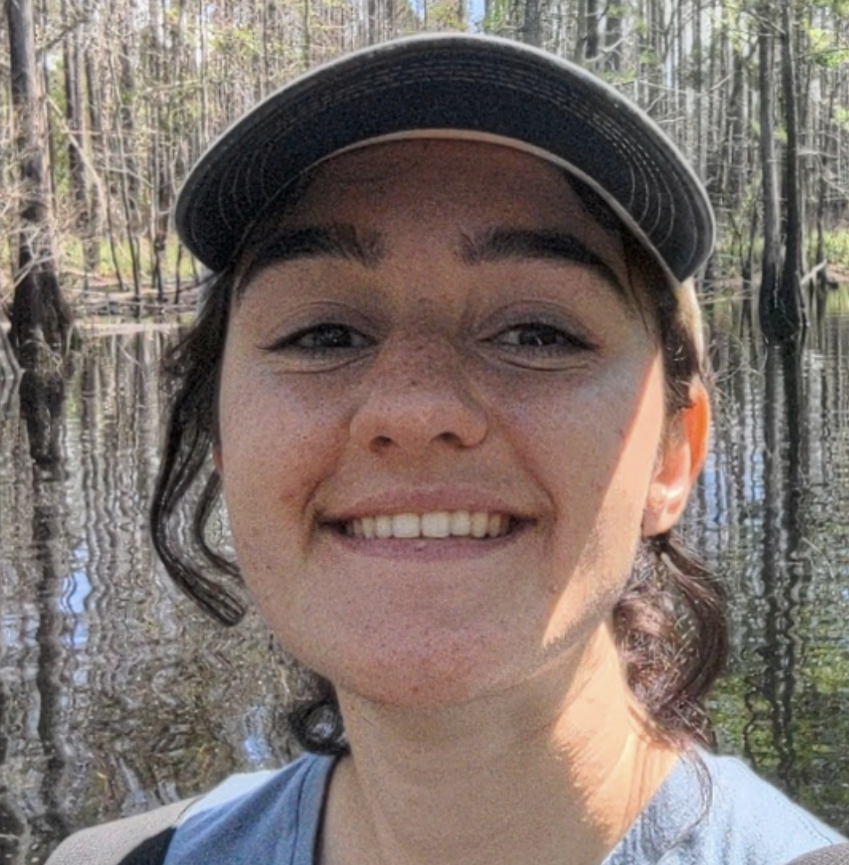
Sara-Ashley graduated with her masters degree in the Human Dimensions of Natural Resources department at Colorado State University. She graduated with a bachelors of science in psychology with a concentration in neuroscience from the University of Georgia in 2023. Sara-Ashley is interested in how human interactions with nature affect both human and natural resource health. She is particularly interested in how natural stimuli influences fear, stress, and cognitive aging and how these connections may be drawn upon to inform natural resource management practices. Apart from being a graduate student, she enjoys camping, backpacking, foraging, and fishing. Sara-Ashley is now a PhD student at New Mexico State University in the Department of Fish, Wildlife, and Conservation Ecology.
